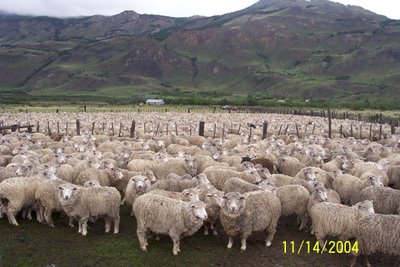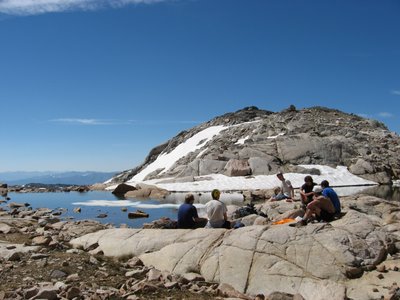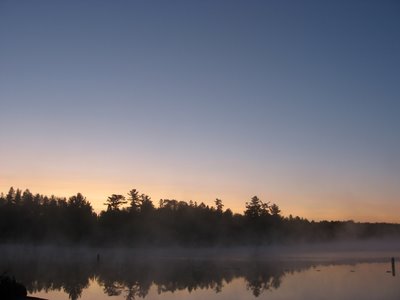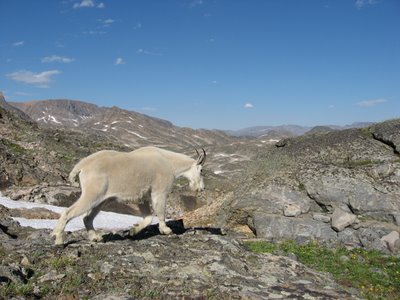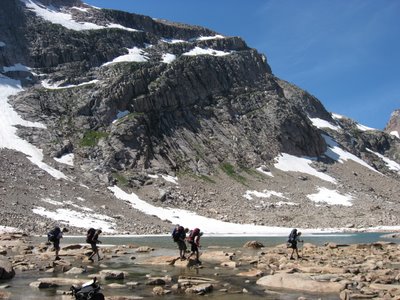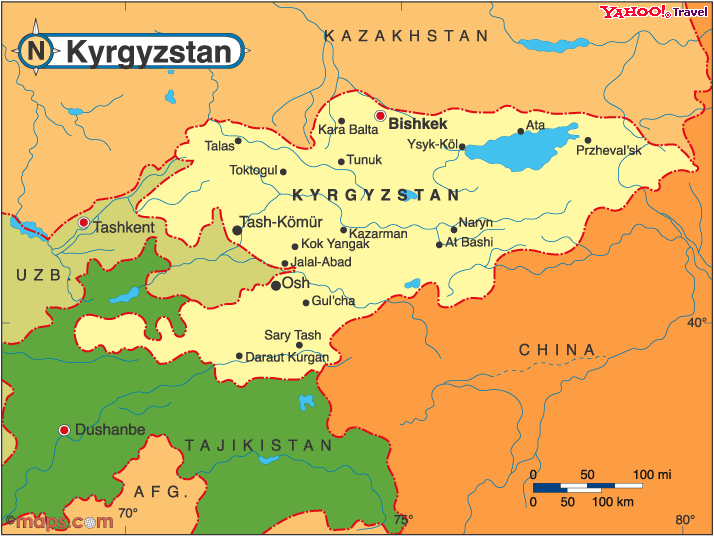Comparisons between Islamism and other rejected ideologies of the past century are in vogue right now, but perhaps not for the right reasons. Only through introspection and reform did the West confront Communism and Fascism without glaring hypocrisy and Islamism originated in the late imperial period of the latter 19th and early 20th century like the two previous powerful anti-hegemonic (a hegemon being a regional or world power, the main rule maker if you will) ideologies, Communism and Fascism. While ordinary people in places like Egypt were unable to break out of the cycle of poverty, enriched Europeans seemed to abound. Muslim political philosophers, especially in Egypt and the Middle East, saw their governments as serving the interests of the European empires rather than the nations they claimed to represent. The correct response, according to the Islamists, was to return to the tenets of Islam (from which the rulers had obviously strayed).
The puppet governments did not take kindly to this criticism. As Islamist ideology became more widespread the governments became more fearful that it might pose a threat to their rule and oppressed it vigorously. This, in turn, only added fuel to the Islamist critique by heaping injustice atop injustice. It also lent credibility to the more radical factions that preached that only radical, perhaps violent, action could reverse this dismal state of affairs. This radical movement evolved throughout the 20th century relatively under the radar because the West had its hands full with Communism, a more threatening critique at the time.
The US justified support of thoroughly repressive, corrupt and inept regimes throughout the Muslim world within the context of the Cold War. As that threat has faded there was no moral justification for the support of tyrants that did little more than keep Communist influence at bay. Unfortunately, there have been many economic enticements. These same dictators that squelched political dialogue (including the radical left) also proved adept at keeping the oil taps open.
We are addicted to oil. It makes our economy run. Any rise in oil prices would disrupt our economies. So stability became more valuable than reform (and the truthfully chaotic upheaval that often precedes it) at home as well as overseas. We would tacitly support any government that gave us oil and we would happily invest billions to bring the black gold to us from the other side of the globe.
We chose then to both actively and passively support governments that enriched themselves while the country decayed. Development economists call this the Dutch Disease. Nations flush with easy oil money have no incentive to create more three dimensional economies. They rely on imports for every kind of good, from supercomputers to basic foodstuffs. The wealth concentrates in the hands of few while price appreciation drives up the cost of living. The result is an unwieldy polarization between the extremely rich and the hopelessly poor. This creates inherent political instability. The political instability breeds repressive regimes.
Under repressive and corrupt regimes drastic reform becomes obviously necessary. Radical militants often struggle to achieve it. As the regime responds harshly against both the militants and the reform movements from which the militants splintered the position of the militants becomes stronger. The government makes the case for revolution on their behalf in trying so desperately to prevent it. The US has consistently backed the parasitic states rather than reformers under the pretext of stability. We have done so in Venezuela, Saudi Arabia, Iran, Iraq and Nigeria to name a few. That all of these places seem to be hotspots for Anti-Americanism is no wonder.
By owning up to our addiction to oil, committing ourselves to eliminate it, and accepting the criticisms for our role in creating these despotic regimes we can isolate militants from the moderate majority. Enduring some painful transition periods in the short term will also create a much more stable globe over the long term.
Lenin/Stalin, Hitler, and Mao did not emerge from a historical vortex to wreak havoc against Democratic freedom lovers. We have to own up to our part in producing violent critiques of the global system. We have no tolerance for terrorism but seem to have an infinite patience for the environments that produce it.
We should accept Islamist governments that govern peacefully while pushing for democratic reforms. The principle demand of the Iranian regime is that we recognize Iran as an Islamic Republic and end our rhetoric of regime change. If the world superpower were Iran demanding regime change in the US and the US a far weaker nation with a long history of being run over imperial powers, we might want the bomb too.
I believe that the fundamentals of the Democratic market-oriented system are the best in the world today. Without a boogey-man US to stir up nationalist fears, many Islamists would likely find themselves quite isolated from discontent reform minded citizens. Moving to 100% energy sustainability would eliminate the structural enticements for propping up the despots that create terrorists. It would also create new technologies and industries that would be a valuable export.
There is a place for an offensive strategy against security threats but we must simultaneous evaluate why these threats arise and eliminate those circumstance. Our drive for economic growth must be tempered by recognition of the consequence (especially over the long term) of our actions.
Up next: The Ideological Critique

